How you start group counseling sessions sets the tone for the next 20 to 40 minutes. You can spend that time getting everyone settled and waiting to start or you can use those 5 minutes with purpose. I have a couple different warm-up activities that I use. I vary these depending on the focus, the dynamics, and the state of the group.
Requirements
No matter which activity I choose to start group counseling sessions, I work to make sure it meets these requirements:
Targeted
The warm-up activity should be aligned with your objective for the session. If your group has been going for a few weeks and the students are comfortable, doing an icebreaker isn’t really the best use of time. What activity will set students up for success that day and will connect to the session?
Example: You are working on turn-taking. When students arrive, they jot down three ways to choose who goes first in games.
Personalized
Start group counseling sessions with activities that match a student’s individual needs and their skills. I often integrate a quick skill demonstration as a warm-up. Students show off what they have learned or been practicing that week.
Example: If they are working on assertive communication, have them write or say an I-Message.
Hook
Often in classrooms, teachers have a hook in their lesson. Something that engages students and “hooks” them into the coming content. I often embed these into the intro of a counseling session, but these are great for a warm-up instead. Hooks can be analogies for a concept, stories that relate, media examples, or props.
Example: You are working on bullying. You can start the lesson with the bruised apple example or challenge students to clean-up glitter on the table as an analogy for bullying.
Routine/Expected
Start group counseling sessions in a way that is routine. Having a beginning routine minimizes downtime. You can vary the warm-up, but students should know that as soon as they come in there is an activity waiting for them.
Example: I often write the warm-up (and the rest of the session schedule) on the whiteboard. Students walk in, read the board, and start on the warm-up. This lets me vary the warm-up and transition students seamlessly.
Ways to Start Counseling Sessions
Feelings Check-Ins

Most of our counseling groups involve students increasing their emotional awareness, identifying their feelings, and learning to accept all emotions are okay.
In practice, students would select a feelings check-in slip, circle how they were feeling. You can date the back and use it to chart their emotions over time. Not hard data, but useful when exploring how emotions are linked to behavior or showing how feelings change over time.
Check out how Gretchen from Speckled Moose Counseling using a Feelings Check-in Bulletin Board.
Keep your purpose clear. Feelings check-ins can spiral into off-topic conversations that are not focused. If your purpose is to get students to open up, then, by all means, follow the conversation. But most likely, you wanted to increase their emotional awareness and understanding we all have different emotions.
Ice Breakers
For quieter groups or newer groups, I use icebreakers. Make a printable list you can have on hand. These help students get comfortable and connect with each other using low-stakes activities.
This is also great when you are waiting for some students to arrive. It fills the transition time, but also helps students loosen up.
Discreet Skill
When you are running groups that are more skill based, such as social skills groups, use your first five minutes to have students demonstrate a learned skill. Choose a small skill that can be quickly demonstrated without lots of correction and is aligned with your future sessions.
As mentioned before, you can have them generate ways to choose who goes first in a game. In the intro to your session, you can connect this to way to play fair with others.
Mindful Minute

Some groups’ engines run a bit fast. It can be helpful to start each session with a simple mindful minute. Once students are familiar with mindfulness, the minute will easily focus them and help them regulate their energy as you move into the session.
On my blog, I have a mindful minute freebie in my subscriber resource library. Also, check out GoZen or Left Brain Buddha for more scripts. Make sure to familiarize students with mindfulness and it’s purpose before using this group opener.
Challenges
Try a quick challenge problem, minute-to-win-it games, or cooperative activity. Groups focused on conflict resolution or positive thinking can be given short notes with a fictional student asking advice. They can write down advice or possible solutions. Your students may just be at the point where they are working on expressing empathy to others.
Check out this list of quick cooperative games for kids.
Minute-to-Win-It challenges are super engaging openers that can help bring students out of their shell. Now if you do a quick search there are lots of fun ones, but remember they need to be aligned with your objective and the needs of your students.
Everybody Writes
Try opening sessions with a short scenario and a discussion question. Instead of having students respond to the question immediately, everybody writes down what they think. Then you have the discussion about it.
I find that students open up more, think more deeply, and are less shy to share. These are especially helpful for problems and conflicts that are familiar to them and maybe a tad controversial. Things like when a friend says you can’t be friends with someone else or when you see someone cheat.
Entry Tickets
Last, but not least, I use the first five minutes for entry tickets. Entry tickets are unsurprisingly the opposite of exit tickets. They are asking the students to demonstrate a skill they haven’t learned yet. This gives me a baseline for what they know before we start. It’s like a pretest or a warm-up problem in math. I keep these very low-stakes and students know that I’m not looking for mastery.
How do you start counseling sessions?
Check out my other post about planning purposeful first counseling sessions.

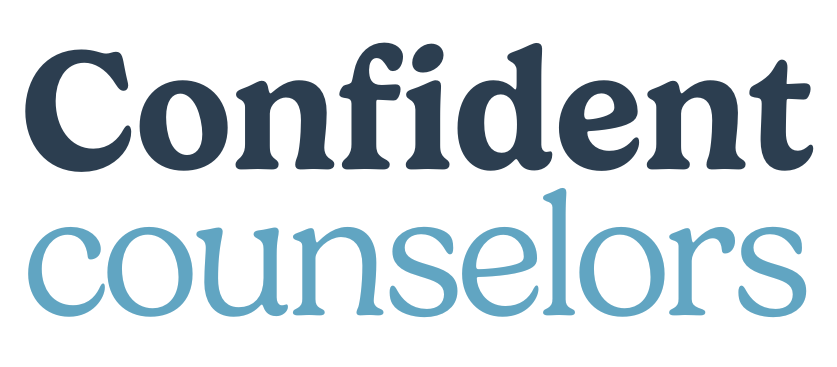
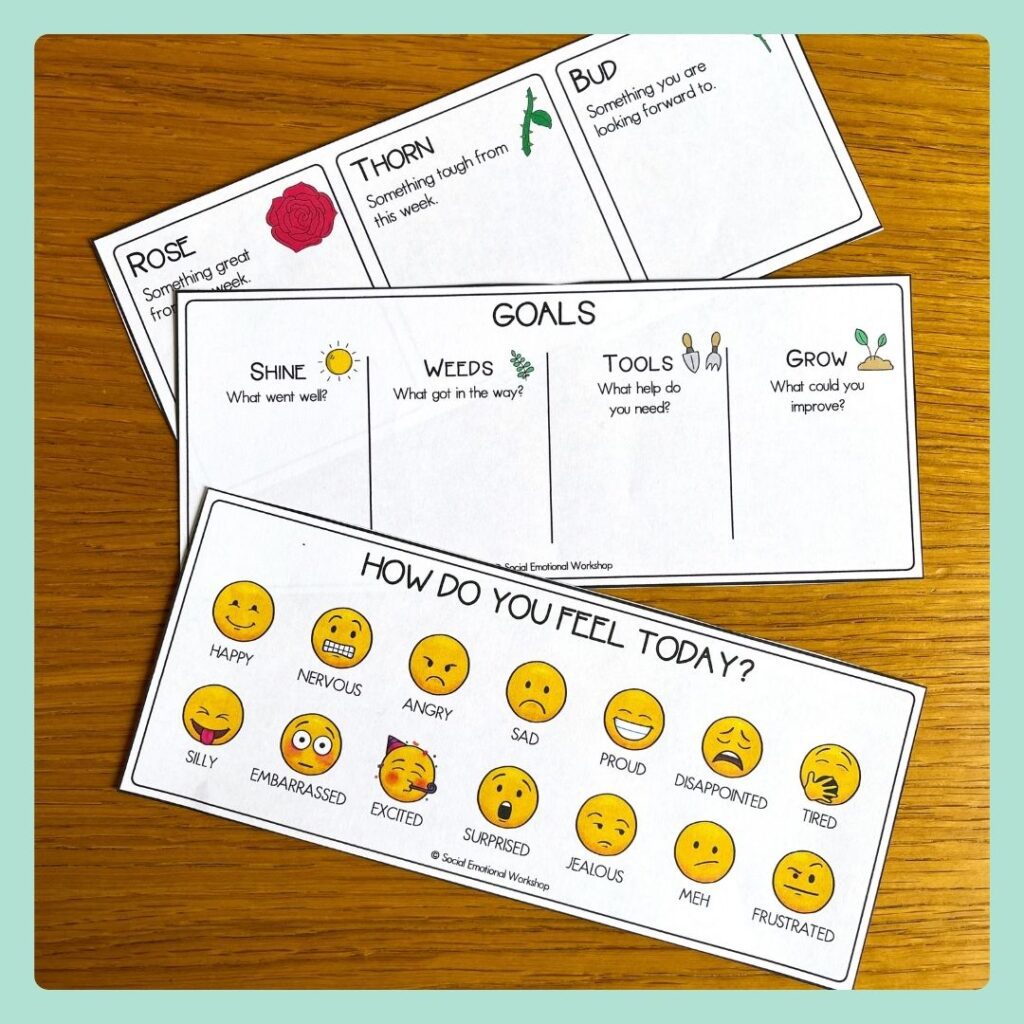
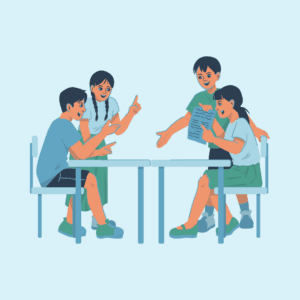
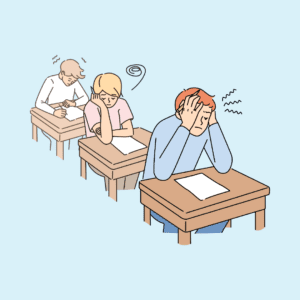
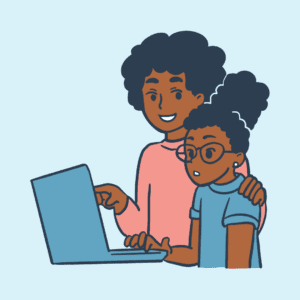
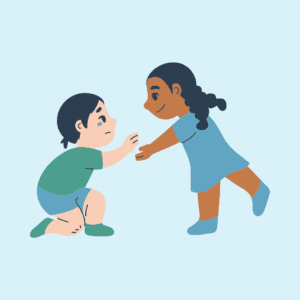
I’ve been running groups forever, but this is a really helpful post. I’d never even heard of entry tickets. Thanks for sharing your ideas!
That is a wonderful compliment coming from you! Glad it was helpful. 🙂